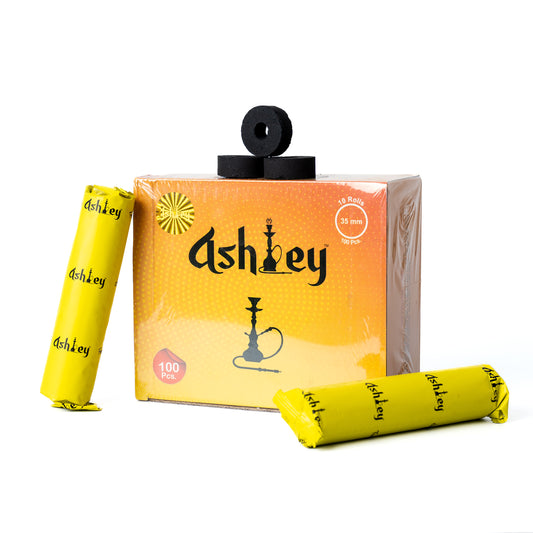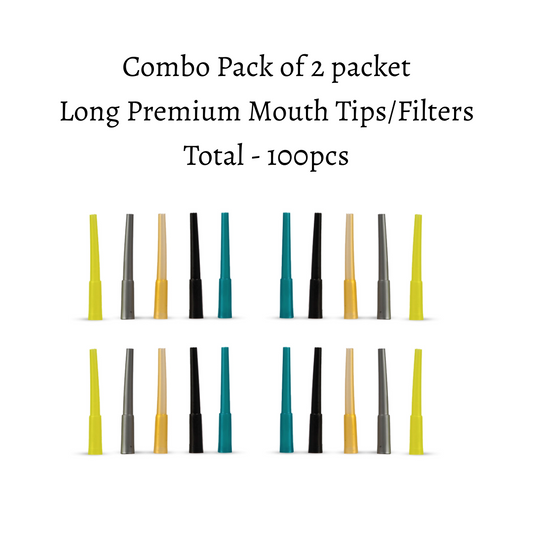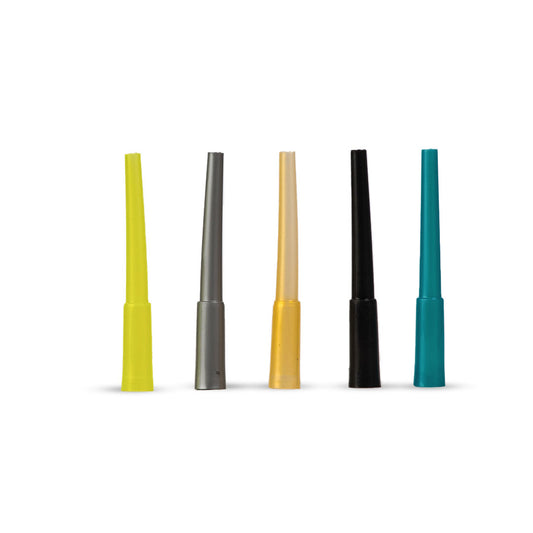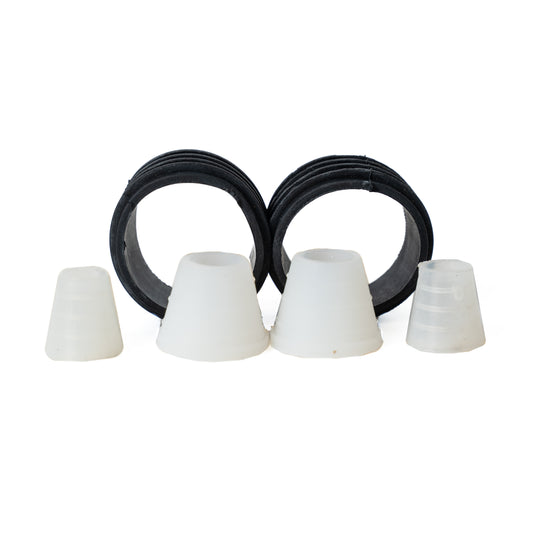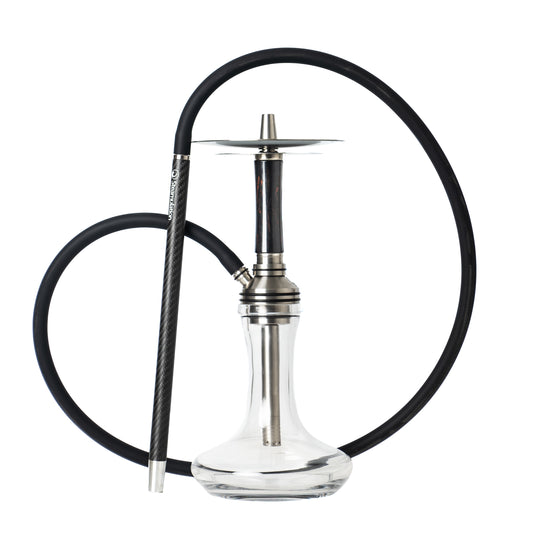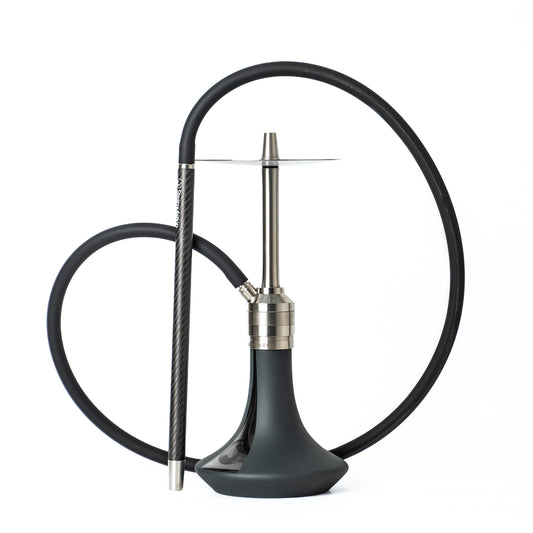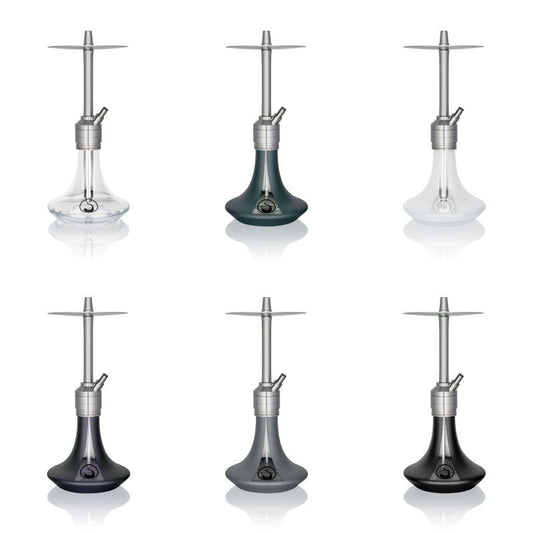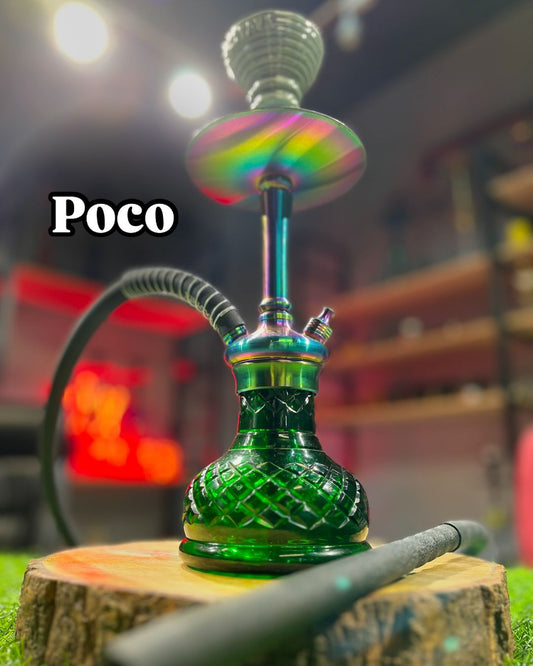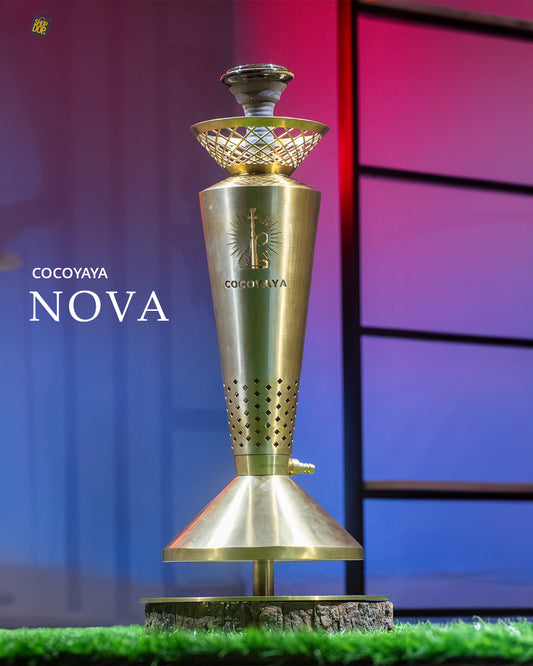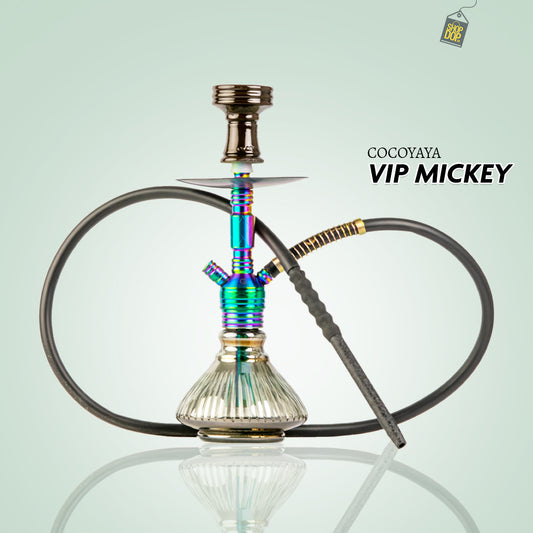The Perception of Hookah's Safety Compared to Cigarettes
Share
Hookahs have gained popularity worldwide, especially among younger generations. Despite the risks, many perceive hookah as a safer alternative to cigarettes. This article explores the roots of this perception and its implications for public health.
The Cultural Heritage of Hookah
Originating from ancient Persia and India, hookahs are deeply rooted in cultural traditions. The ceremonial aspects of preparing and smoking hookah often create an aura of safety and naturalness.
Water Filtration: A Misleading Safety Net
One of the primary reasons for the perceived safety of hookah is its water filtration system. Many believe that harmful chemicals get filtered out by the water. While some elements might be reduced, many harmful components, including carbon monoxide and heavy metals, still permeate the smoke inhaled.
Flavored Tobacco: Masking the Risks
The vast array of flavored tobaccos, or "maassel", make the smoke more aromatic and pleasant compared to the pungent odor of cigarettes. This aromatic quality often misleads users into believing that the smoke is less harmful.
Occasional Usage vs. Daily Habit
Many hookah users indulge only occasionally, believing that infrequent use is less harmful than the daily habit of cigarette smoking. However, even occasional hookah sessions can lead to substantial exposure to harmful chemicals, especially considering the duration of a typical session.
Marketing and Pop Culture
The way hookahs are marketed and portrayed in pop culture often associates them with luxury, relaxation, and social connection. The absence of warning labels, compared to those on cigarette packs, further minimizes perceived risks.
Research and Public Awareness
While the dangers of cigarettes have been extensively researched and publicized, the risks of hookah are not as widely understood or communicated. The lack of widespread public health campaigns addressing hookah risks leaves many users uninformed.
Conclusion
The perception of hookah as a safer alternative to cigarettes is influenced by cultural, sensory, and marketing factors. However, as research continues to unveil the health risks of hookah, it's vital to communicate these findings to the public to ensure informed choices.


